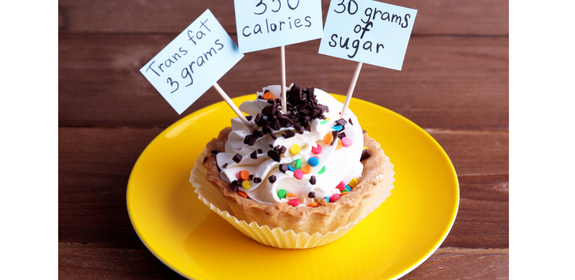'It ain't supposed to be easy' – Expert's common-sense tips on losing stubborn weight

Dr Giles Yeo is loathe to dispense diet advice. However, the geneticist does have some common-sense tips for those trying to shift a few extra pounds
1 It ain’t supposed to be easy
If anyone tries to sell you an effortless way to lose weight, where you can slim down by paying someone money, where you eat something and it will make you shrink, it is NOT true. They are lying to you. If anyone tries to tell you that magic diet X is magically magic and will work for everyone, as long as it is done correctly, they are lying. In this book, I haven’t tried to sugar-coat anything, I haven’t tried to sell you a dodgy second-hand car, where the best tyre is on the spare wheel in the trunk/boot. Weight loss is difficult, it is hard. Our biology makes it hard.
So you shouldn’t feel bad if it feels hard, because it ain’t supposed to be easy. What you have to do is to chip away at it a little at a time, with a little help from Yeo truths.
2 Eat a little less of everything
Preach! Ladies and gents, moderation, boring though it is, difficult though it is, is still the answer. So don’t demonise and exclude whole food groups (unless medically warranted). Too much of anything is bad (meat, fat, sugar and even carrots), and too little of anything is also bad (including sugar and fat).
3 Food that takes longer to digest generally makes you feel fuller
Food that takes longer to digest will travel farther down the gut and make you feel fuller. Because protein is the most chemically complex of the macronutrients, it takes the longest to digest, which is part of the reason that a calorie of protein will make you feel fuller than a calorie of fat or carbs. So a *moderate* (moderate is critically important here) increase in protein (limiting red and processed meats) can help with weight loss. Remember, any protein will have this effect, not just meat.
Carbs that take longer to digest, such as complex whole grains containing fibre, also travel farther down the gut, making you feel fuller. They also release their energy more evenly, which helps you feel less hungry between meals.
4 Eat more unsaturated fats
Try to eat more unsaturated fats, such as those in olive oil, nuts and fish, and limit saturated fats. Remember that higher consumption of unsaturated fats has been clearly linked with lower mortality; a worthwhile goal, I think you would agree.
5 Don’t blindly count calories
Calorie counting, without taking into account caloric availability, is meaningless. Remember, 100 calories of sugar vs 100 calories of sweetcorn vs 100 calories of corn tortillas.
6 Don’t fear food
You need to not fear food, you need to work with food. Try and understand food better. I hope that in this book I have provided you with information to help you navigate our modern food environment and the inevitable new fads and diets that ebb and flow every year.
I hope that by not being hysterical and not over-interpreting data that is out there, this book can be a go-to for those wanting sensible advice. All I’m trying to do is to provide a base-level knowledge, to equip the public with something useful when they go into the supermarket or look into the cupboard for the next meal.
Losing weight will always be difficult, particularly in this current environment. I hope I have given you at least some tools with which to sort the wheat (not evil unless you are a coeliac) from the chaff, the sheep from the goats (but please limit red meat)… you get the idea.
(Extracted from Gene Eating)
Source: Read Full Article
